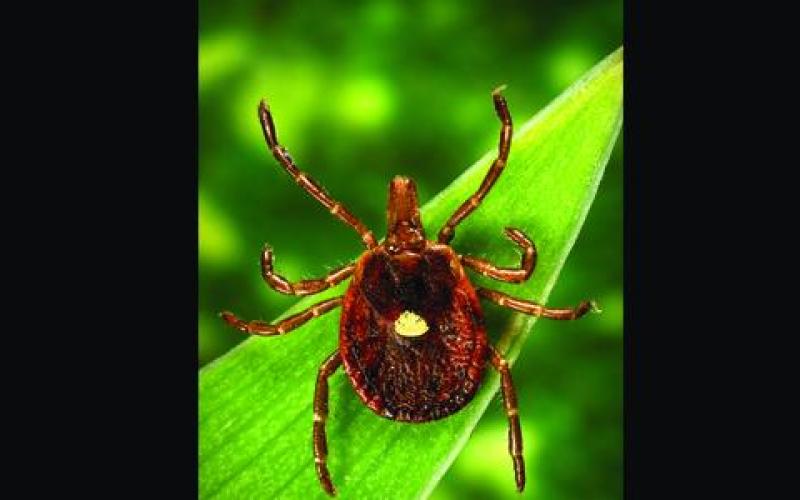Illness from mosquito, flea, tick bites has tripled since 2004
University of Missouri Extension health and safety specialist Karen Funkenbusch urges Missouri residents to take precautions to ward off mosquitoes, ticks and fleas this summer.
The Centers for Disease Control and Prevention (CDC) reported in May that diseases from the bites of these insects tripled from 2004 to 2016. Also, CDC reported that nine new germs spread by mosquitoes and ticks were introduced or discovered in the United States since 2004.
“Zika, West Nile, Lyme, and chikungunya—a growing list of diseases caused by the bite of an infected mosquito, tick, or flea—have confronted the U.S. in recent years, making a lot of people sick. And we don’t know what will threaten Americans next,” said CDC Director Robert R. Redfield, M.D. “Our Nation’s first lines of defense are state and local health departments and vector control organizations, and we must continue to enhance our investment in their ability to fight against these diseases.”
Widespread and difficult to control, diseases from mosquito, tick, and flea bites are major causes of sickness and death worldwide. The growing number and spread of these diseases pose an increasing risk in the U.S. The report found that the nation needs to be better prepared to face this public health threat.
Funkenbusch says people should take precautions to avoid these pests:
• Spray an Environmental Protection Agency-registered insect repellent on your body and clothing before going outside. Follow label instructions. Reapply often. CDC recommends that you apply sunscreen before insect repellent, if using both. Do not use insect repellent on children under 2 months old. If applying to children’s faces, spray on your hands first and gently rub on the child’s face, avoiding contact with eyes.
• Wear long sleeves and long pants to reduce the amount of exposed skin. Cover strollers, carriers and playpens with mosquito netting if you have to be outside.
• Control ticks and fleas on pets by using veterinary-approved products.
• Check yourself, family members and pets for ticks daily.
• Avoid grassy areas, overhanging brush and places with standing water. Mow grass regularly and empty any containers, including objects such as toys and tires, that have standing water where mosquitoes can breed.
• Use screens on doors and windows. Remind children to close doors quickly. Repair holes in screens. Use air conditioning when possible.
• If you suspect you are sick because of a tick, flea or mosquito bite, consult a medical professional.
Read CDC’s complete report at cdc.gov/vitalsigns/vector-borne. CDC also offers a YouTube video on how to prevent infection at youtu.be/mLumut2nQMs.
MU Extension’s “Guide to Ticks and Tick-Borne Diseases” is available for purchase or free download atextension.missouri.edu/p/ipm1032.

